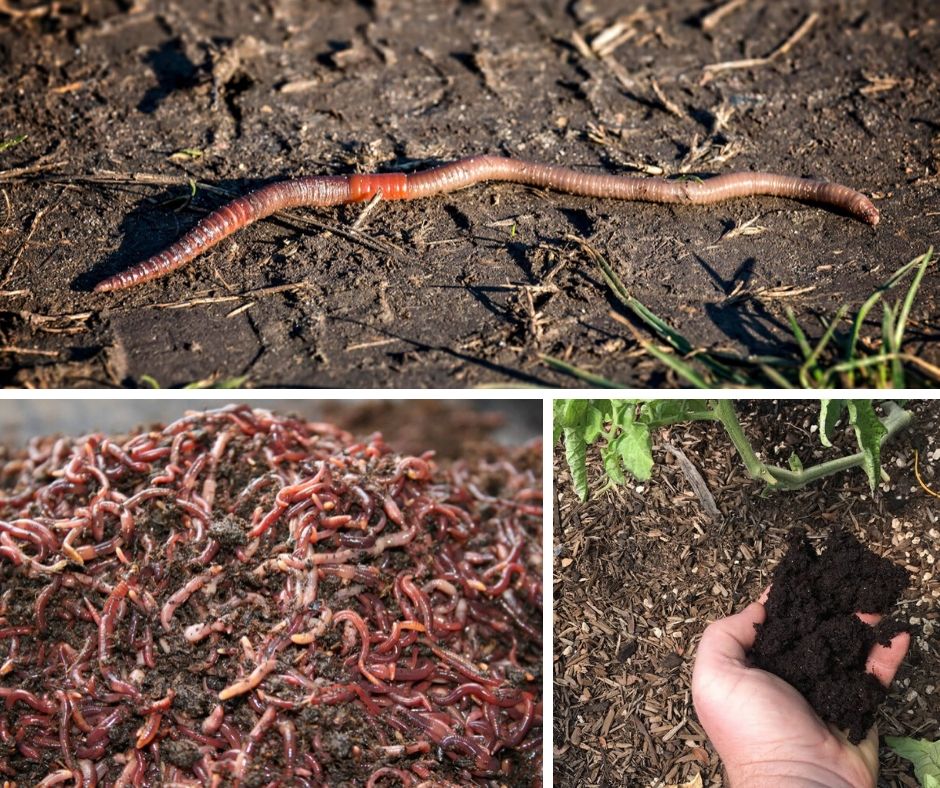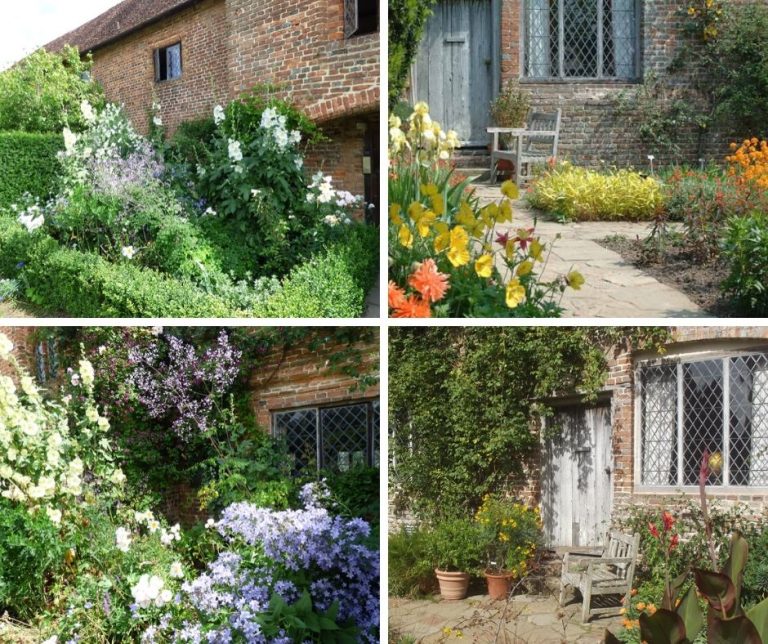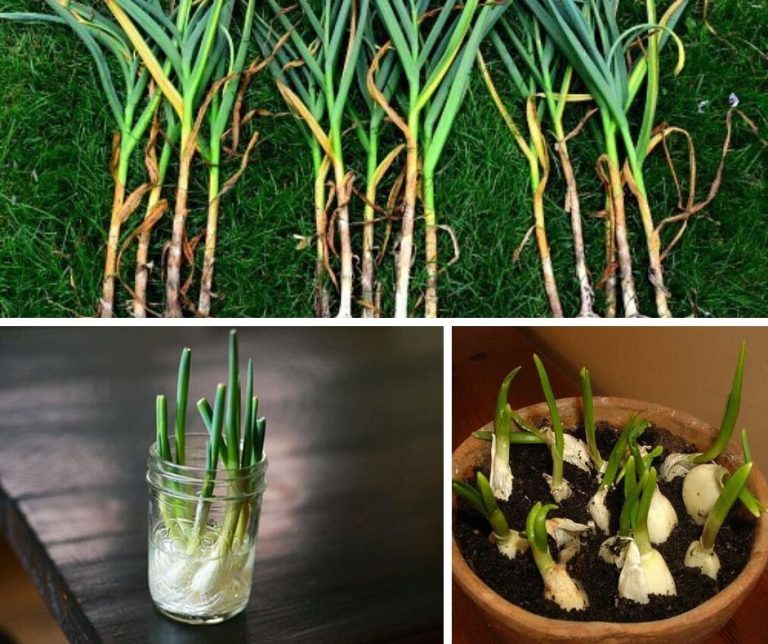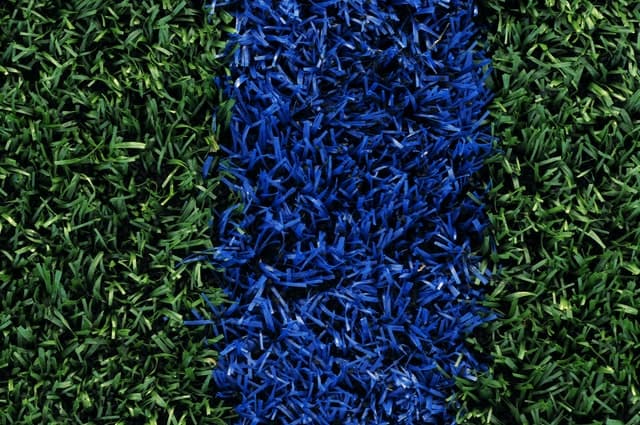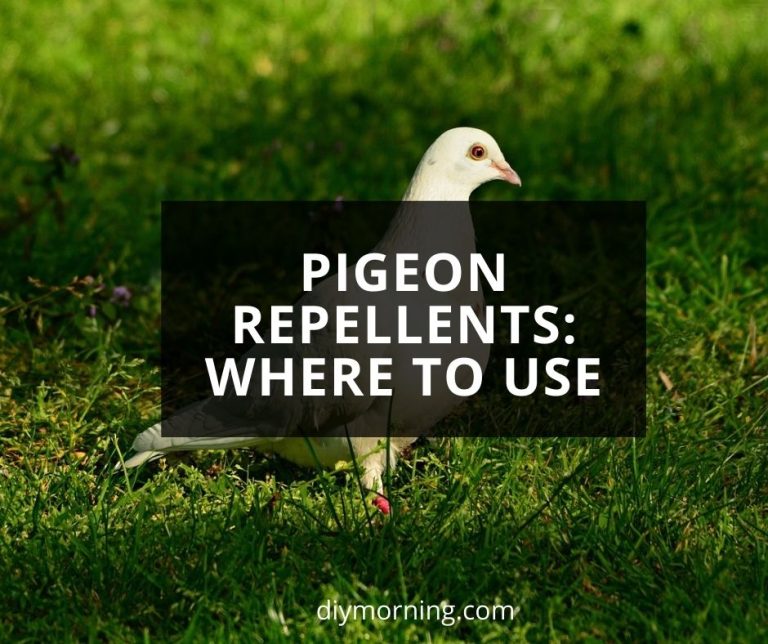How Worms Improve Soil in the Vegetable Garden: Redworm and Earth Worm Castings are the Best Soil Amendments
Earthworms and redworms amend garden soil by offering nutritional value and good tilth. Both of these ingredients produce healthy and delicious vegetables.
There are 4,400 worm species worldwide. Each species has different characteristics, but each one of them is valuable to soil in one way or another. Worms play a tremendous role in the decomposition process as macroorganisms that break down organic materials in the natural world.
Worms ingest organic matter and after it’s passed through the worm’s gut, the end product is a biologically active material called castings – or worm poop to be precise. The castings contain significantly more beneficial micro-organisms, enzymes, humus, and plant stimulants than regular garden compost.
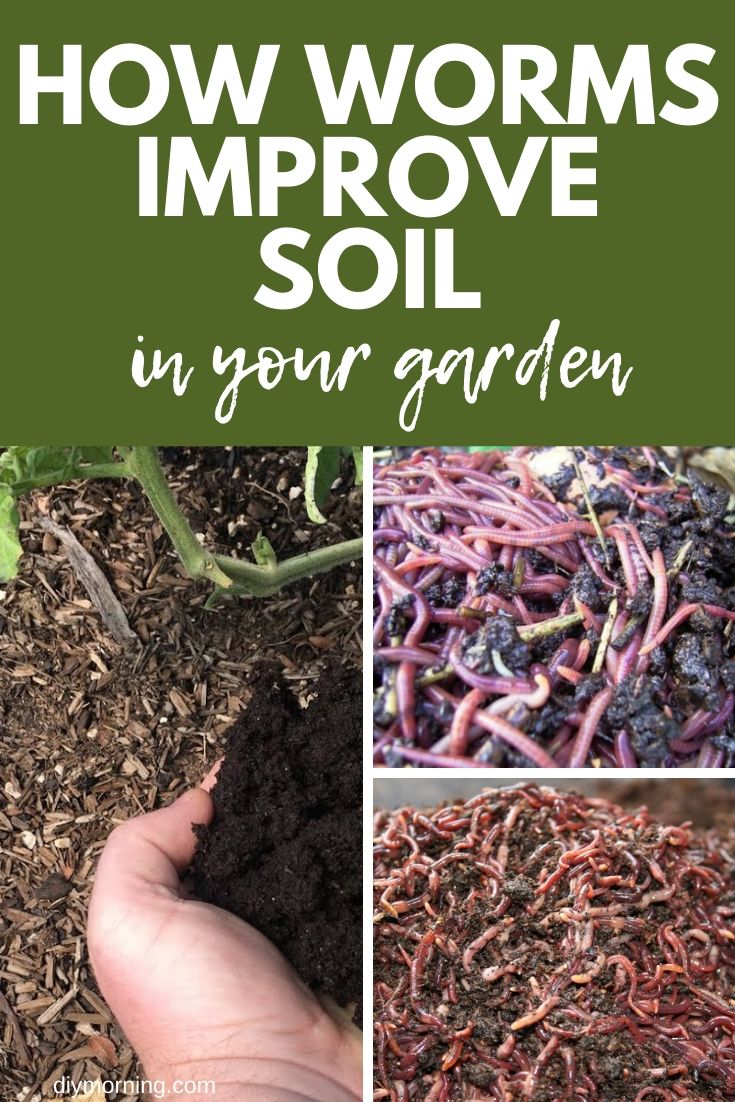
Worm Castings in the Garden
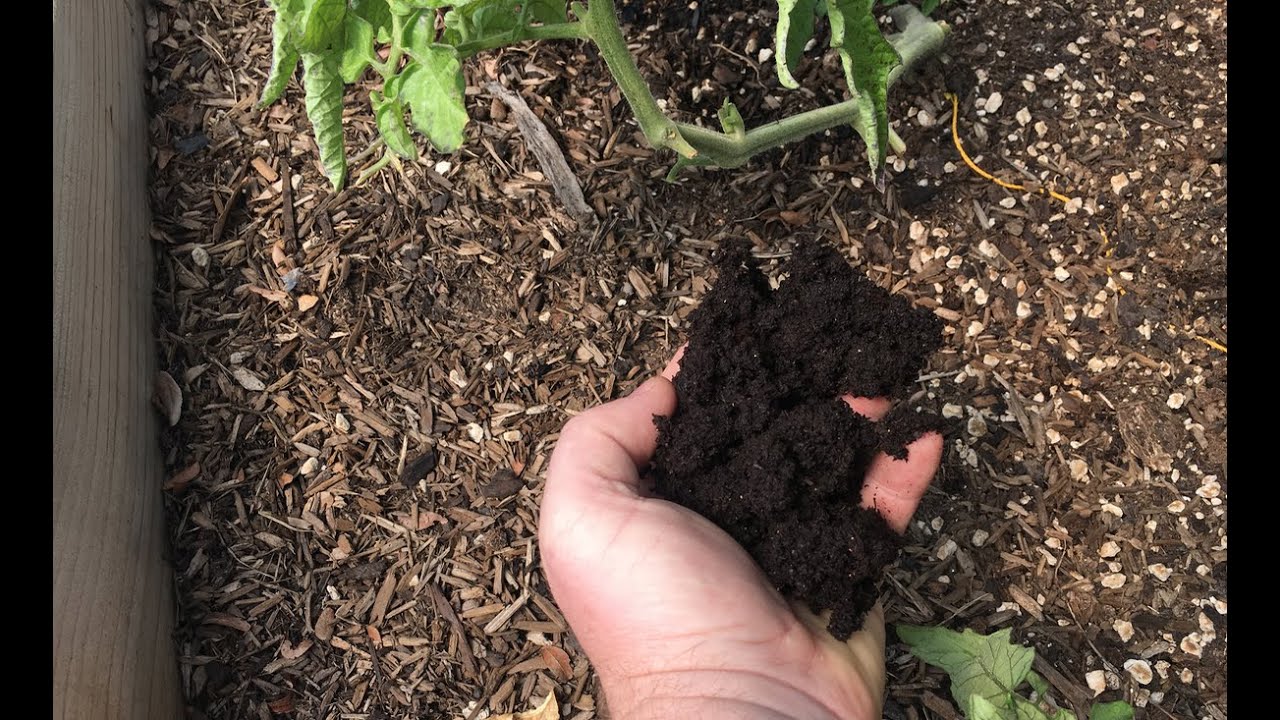
Worm castings which are often referred to as “garden gold” are the reason that some people practice worm farming or vermicomposting. Castings offer soil and plant nutrients in high percentages in a slow-release form along with superior soil binding, and water retaining abilities. They also add excellent aeration, porosity and structural properties.
They’re much higher in available nitrogen, phosphates and potash than your average garden compost. Plus, these nutrients are available to plants for a longer period of time. “Available” means that the nutrients in castings can get to the plants for easy absorption because they’re water soluble. Worm castings will also greatly improve your vegetable garden’s texture.
Redworms or Red Wigglers
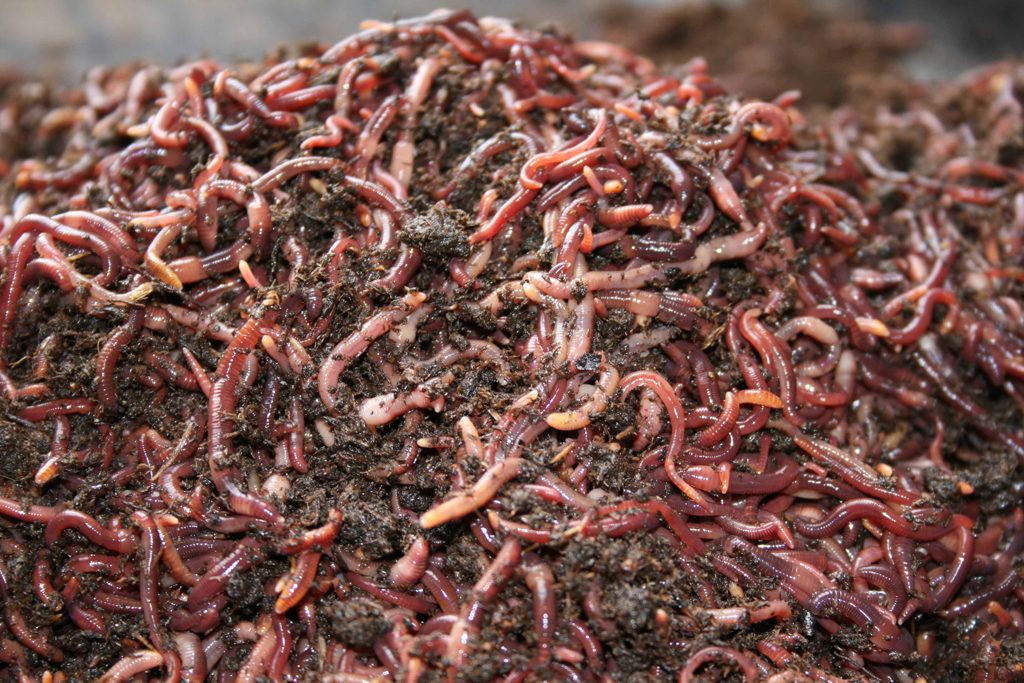
Redworm or Red Wiggler (Eisenia foetida) is the worm species predominately used in vermicomposting systems. They have a voracious appetite for organic materials, they’re surface dwellers, reproduce like crazy, and are generally tough little dudes physically. They’re not bothered by being shipped by mail or package delivery to would-be worm farmers everywhere.
Red wigglers are communal worms and they enjoy living in large groups. They’re capable of eating 1/2 of their weight in food a day and reproduce quickly.
Earthworms or Night Crawlers
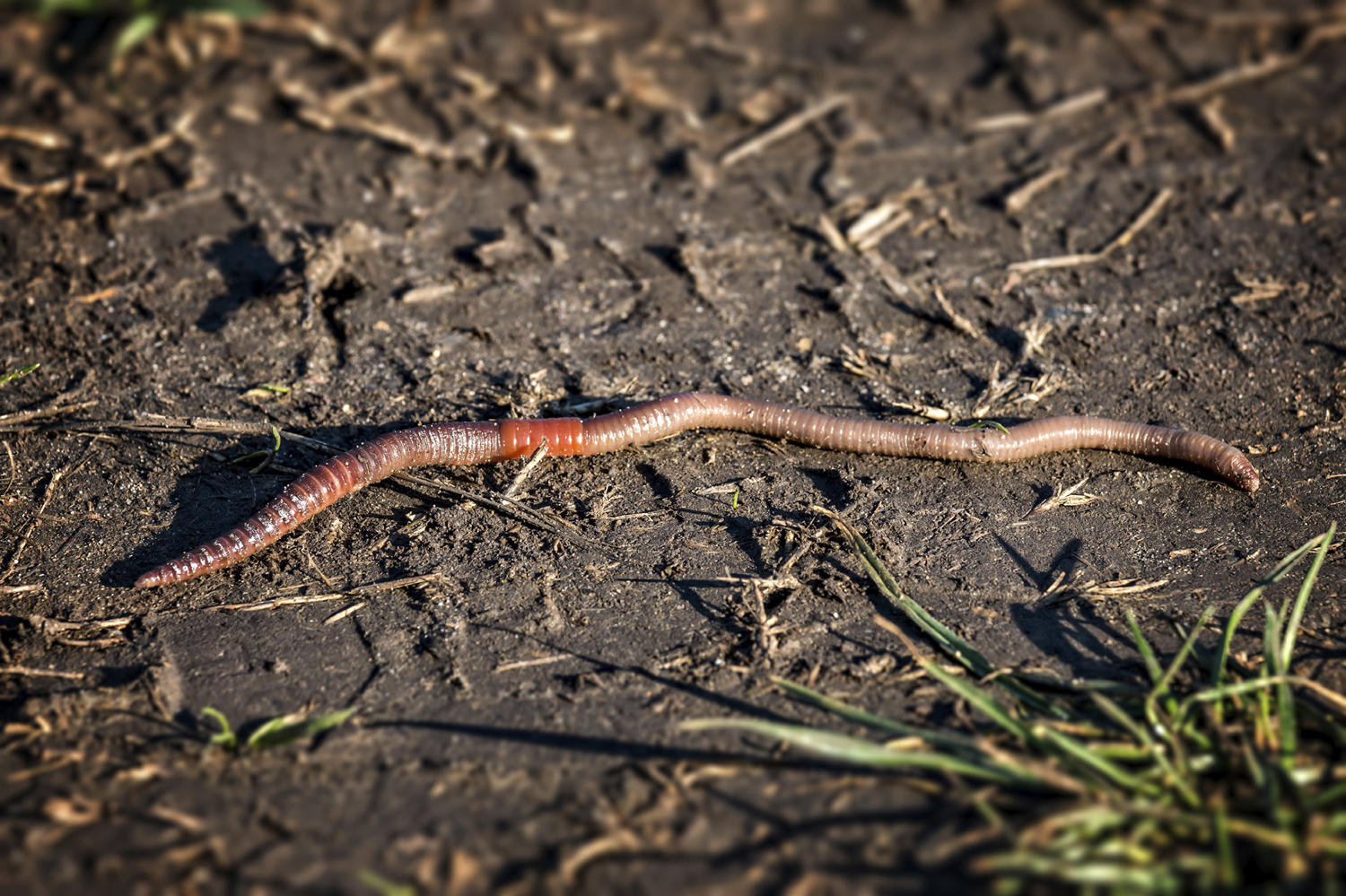
Earthworms (Lumbricus terrestris) or nightcrawlers offer tremendous benefits to vegetable gardens in their own right, although producing large amounts of castings isn’t one of them. Earthworms prefer to live deep underground and may dig down to several feet; much deeper than the redworms. As they burrow into the soil, they take organic material along with them much into the subsoils of the earth.
Night crawlers are shy creatures and prefer to have their homes (burrows) undisturbed. They’re the loners of the worm world and seem to enjoy solitude even from their own kind.
While they do produce castings, they don’t have nearly the appetite that their cousins, the redworms have. They’re the muscle behind mixing the topsoils, subsoils, and compost. Because of their burrowing and food hunting, earthworms are experts in aeration and their work helps soils with water retention.
Both redworms and earthworms move into vegetable gardens without any help from humans. But because of the undeniable value of worms, gardeners like to encourage them to move into their garden beds. This can be accomplished by using leaf litter as a mulch and adding compost or composted manure to the vegetable garden.

